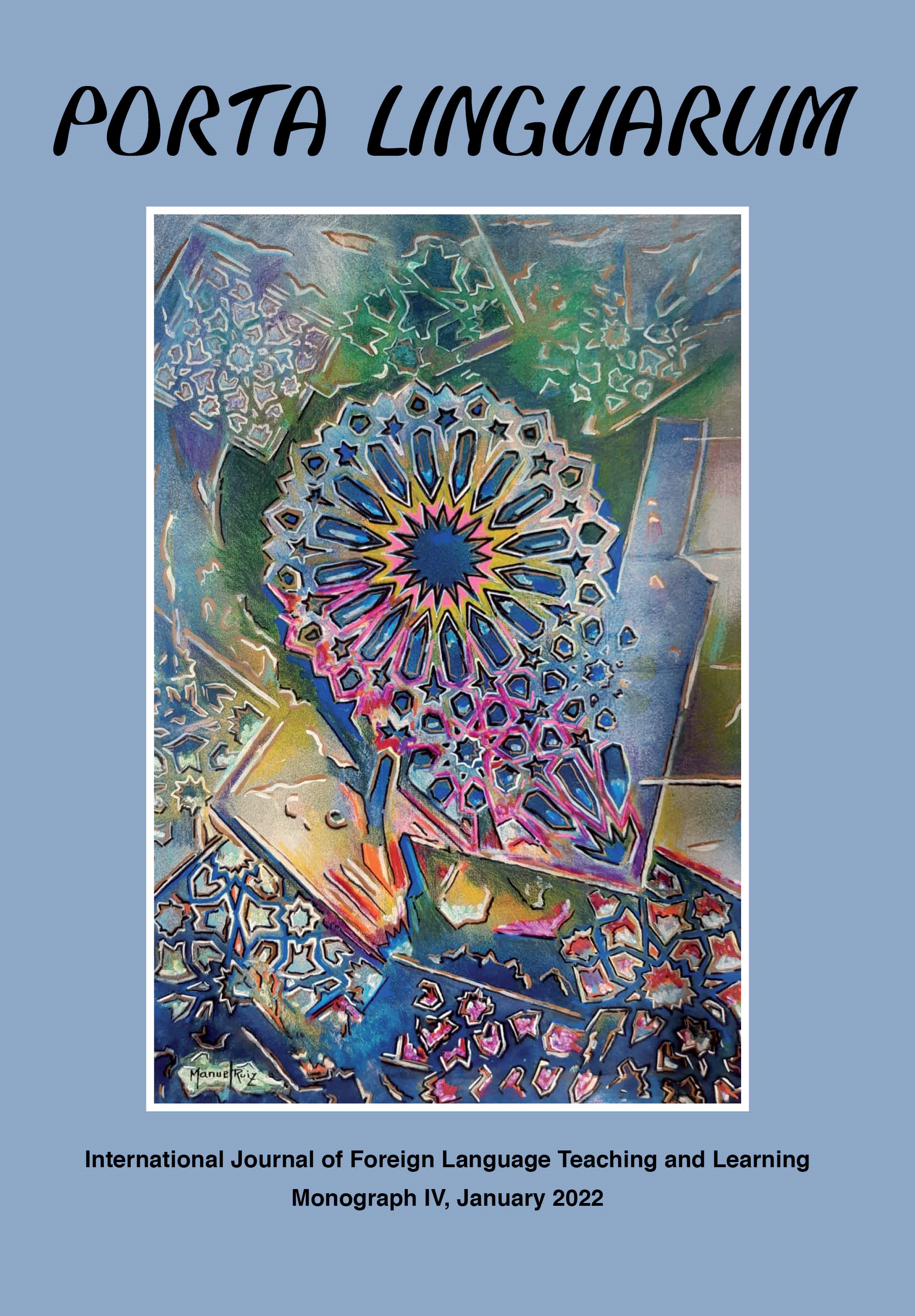Mobile assisted language learning: scope, praxis and theory
DOI:
https://doi.org/10.30827/portalin.vi.21424Keywords:
MALL, language learning, socially contextualized MALL, self-directed language learning, technologyAbstract
Mobile assisted language learning (MALL) research has been characterized by an overemphasis on technology, while the wide variety of approaches to the uses of mobiles has painted an atomized picture of L2 instruction. This paper discusses various conceptualizations of MALL that favour areas of language learning that are anchored on different theories of learning and language learning. Drawing on the seminal work by Traxler (2018, 2019), as well as on research that has examined self-directed uses, the use of apps and Augmented Reality (AR) in MALL, the authors contend that it is essential to shift our focus away from device-oriented pedagogies to more socially situated practices that take stock of new ecologies of language use. We contend that the research field is in search of a wider theoretical perspective in the context of SLA and language education that explores what we label here as socially contextualized MALL.



















